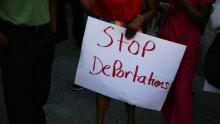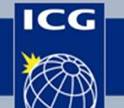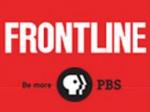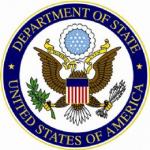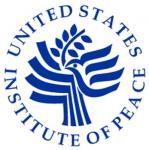Cholera Arrived 10 Years Ago. Victims are Still Waiting for Compensation
More than 850,000 Haitians have been infected with Cholera and 10,000 have died from it since being introduced by United Nations (UN) peacekeepers ten years ago. There has been no compensation provided by the UN and its member states. When the United Nations accepts no accountability for actions, it its less able to demand accountability from others. While the UN has at times been benefical to Haiti, its unwillingess to right the wrongs of its peacekeeping forces, from sexual abuse and exploitation to cholera, undermine these efforts. The full article by Miami Herald journalist Jacqueline Charles follows.

